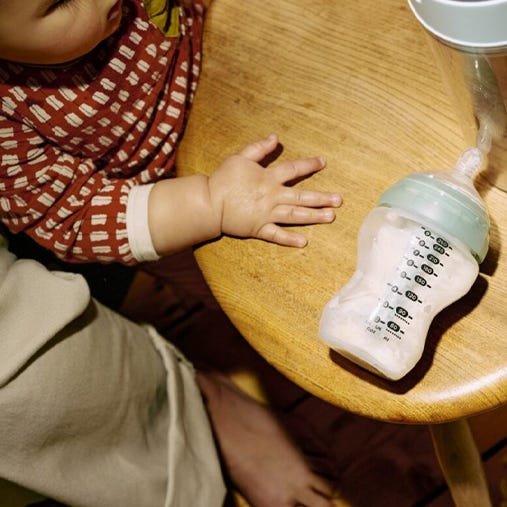
Search
Sorry, no results for
Suggestions
Popular Searches
How can we help
Menu
Subscribe to Save
Subscription orders can be cancelled at anytime. Standard delivery will be charged on each subscription order. Find out more about subscriptions.
Why parents love our subscriptions...
-
They’re easy and fuss free
-
Your products are automatically sent to you
-
You save when you sign up for a subscription
-
You can cancel at any time









